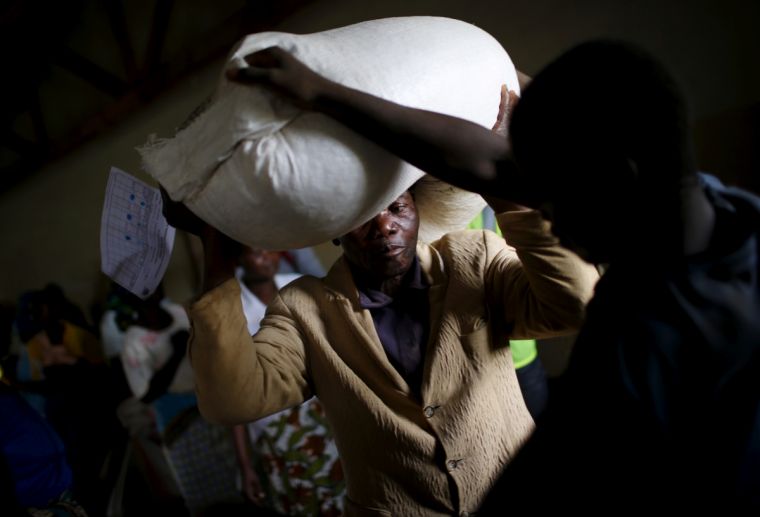Bishops step in with call for action as Malawi faces national food crisis

Bishops in Malawi have warned that their country is facing a national food crisis as latest governent figures suggest nearly half of the population could be going hungry.
The Episcopal Conference of Malawi called on the nation to rise to the challenge of a "worrisome" national food crisis.
Signed by the chairman of the conference, Archbishop Thomas Msusa of the Archdiocese of Blantyre, the statement says: "The current historic hunger threatens the life of many Malawians. Our hospitals are already reporting higher rates of malnutrition cases and the situation is feared to worsen as we approach what we normally call the lean period. The situation requires immediate and long-term solutions."
At least 6.5 million out of a total population of 16 million could go hungry in the next 12 months, a Government analysis has found.
Malawi is suffering serious drought because of the effects of the El Nino weather system. Flash floods and drought have destroyed staple crops.
The bishops called on national and international stakeholders and other people of good will to support their country at this time of need.
President of Malawi Peter Mutharika recently declared the country's food crisis a national disaster.
Earlier, a priest in Mangochi diocese, Father Christopher Sichinga, wrote: "A true assessment of our nation shows that a lot of admirable things leave a lot to be desired. Think of the number of people in our society who are uncertain and are living in agonising situations. Increase in issues of tribalism, lack of fiscal order, dwindling standard of education, theft of government money, misplaced priorities, overall shrinking of public service delivery, the violence perpetrated to people living with albinism, rising cost of living and persistent hunger is really the concern of every patriotic Malawian."
He called for a national plan. "Policies and programs should be designed and promoted in order to liberate the poor and vulnerable Malawians."











